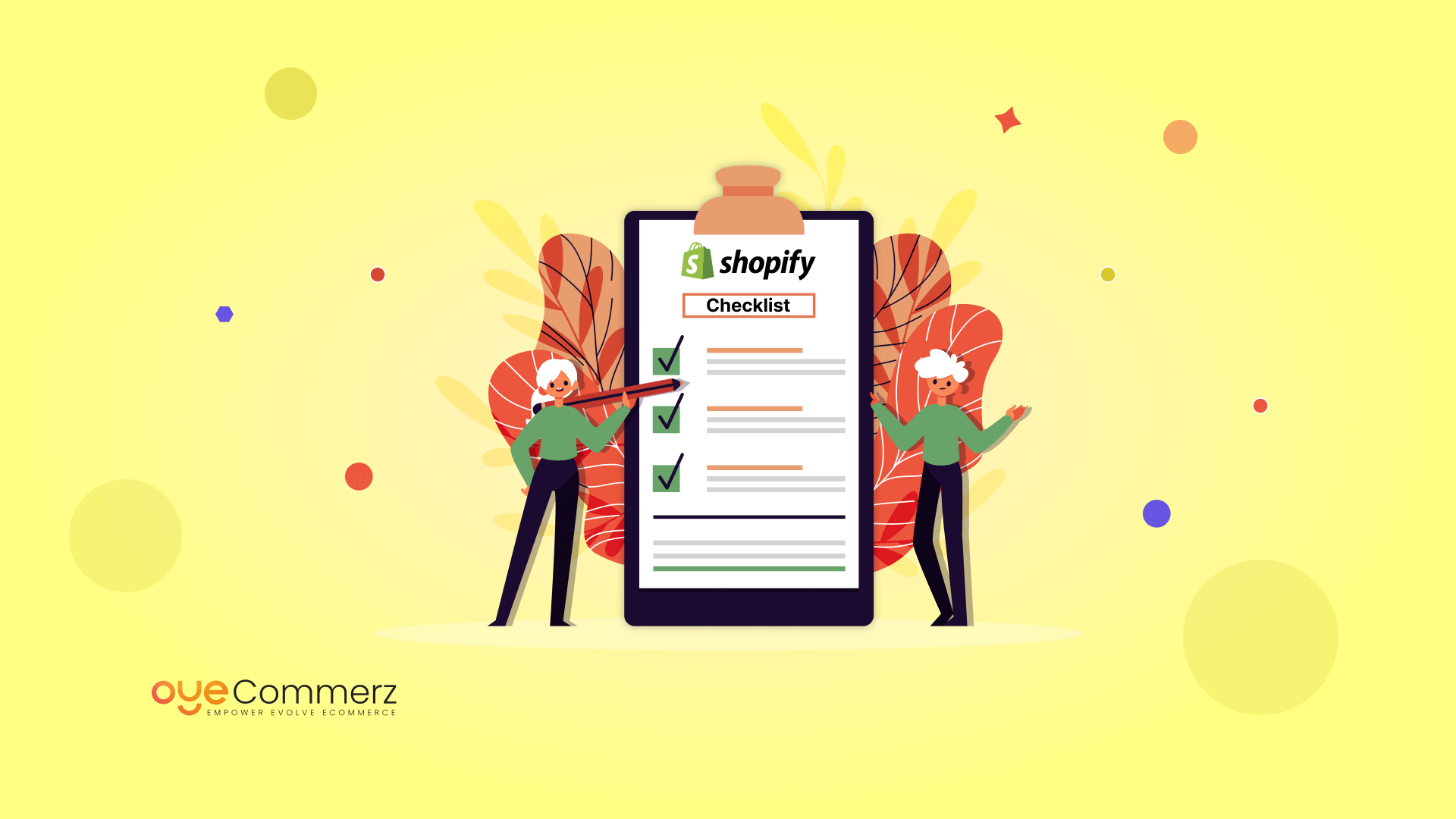Overview
In today’s competitive e-commerce landscape, standing out is paramount, and one of the best ways to set apart a Shopify store is through custom app development. A robust Shopify app can enhance store capabilities, streamline operations, and elevate customer interaction. This article explores essential aspects of Shopify app development, from API integration to scaling strategies and digital marketing approaches, providing a roadmap for companies looking for superior store performance.
The Importance of Shopify API Integration
Shopify’s API offers robust tools to customize and extend store capabilities. With GraphQL and REST APIs, developers can access data to create apps that handle inventory management, order handling, and customer information management seamlessly. Integrating Shopify’s API can lead to better workflow automation and enables stores to serve customers more effectively.
Utilizing the Polaris Design System
Shopify’s Polaris is Shopify's design system for creating user-friendly and accessible Shopify apps. By adhering to Polaris principles, developers guarantee that apps seamlessly integrate within the Shopify Admin experience. This ensures a cohesive look and feel that resonates with Shopify merchants, encouraging ease of use and familiarity for merchants utilizing your custom app.
Understanding the Shopify App Ecosystem
The Shopify app ecosystem provides numerous opportunities for enhancing e-commerce sites. From managing fulfillment processes to boosting customer engagement, apps in this environment are tailored to meet various business needs. Learning about this system helps developers in finding unique app opportunities and allows for seamless integration of third-party services that add value to the store.
Developing Embedded Shopify Apps
Embedded apps work seamlessly within the Shopify Admin, allowing a seamless experience for merchants. They ensure that merchants do not need to leave their Shopify control panel, simplifying their process. Using Shopify App Bridge and embedded app capabilities is recommended for offering a unified, well-integrated user environment.
Using Node.js and React for Shopify Apps
Node.js and React have become top options for Shopify app development. This server-side framework enables high-performance back-end services, while React enables interactive and adaptive front-end design. Together, they offer an strong platform for building fast, scalable Shopify apps that enhance store performance and customer interaction.
Webhooks in Shopify Apps
Webhooks allow real-time data updates between Shopify and an outside application. They initiate events such as new orders or stock changes and provide immediate alerts to your app. By utilizing webhooks, apps can provide up-to-date information to store owners, simplifying processes and boosting efficiency.
Customer Engagement and Digital Marketing for Shopify Apps
To ensure Shopify app success, connecting with users is key. Using online marketing techniques like SEO, email marketing, and social media campaigns can increase app usage. Additionally, designing apps with customer interaction as a focus (e.g., loyalty programs or personalized recommendations) boosts user loyalty and loyalty.
Scaling Your Shopify App
As e-commerce businesses grow, so do their technological needs. Making sure that your app can manage increased traffic, larger databases, and more advanced functionalities is critical. By improving server capacity and implementing scalable technologies, you can develop apps Shopify app solutions that grow in tandem with a store’s growth.
Important Features and Maintenance Tips for Shopify Apps
For an Tools to improve Shopify customer engagement app to be effective, it should include essential features like user authentication, dashboard analytics, and customer support options. Regular app maintenance, with updates to fix bugs and ensuring compatibility with new Shopify functionalities, is important to maintain uninterrupted performance and avoid interruptions to business processes.
Summary
Custom Shopify app development offers immense opportunities for e-commerce stores, offering the chance to enhance performance, streamline processes, and foster customer loyalty. From integrating APIs to focusing on scalability and customer interaction, creating a Shopify app requires thoughtful preparation and well-planned actions. If you’re prepared to unlock your store’s full potential, a tailored Shopify application may be the perfect choice. What features do you see for your dream application? Share your thoughts and begin the journey to an optimized e-commerce experience!
